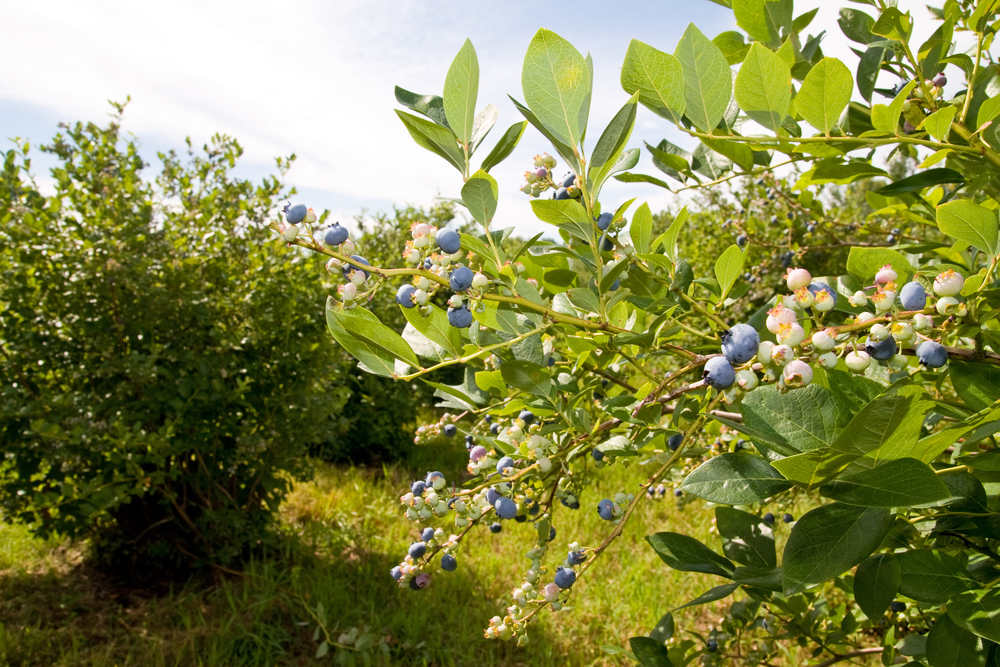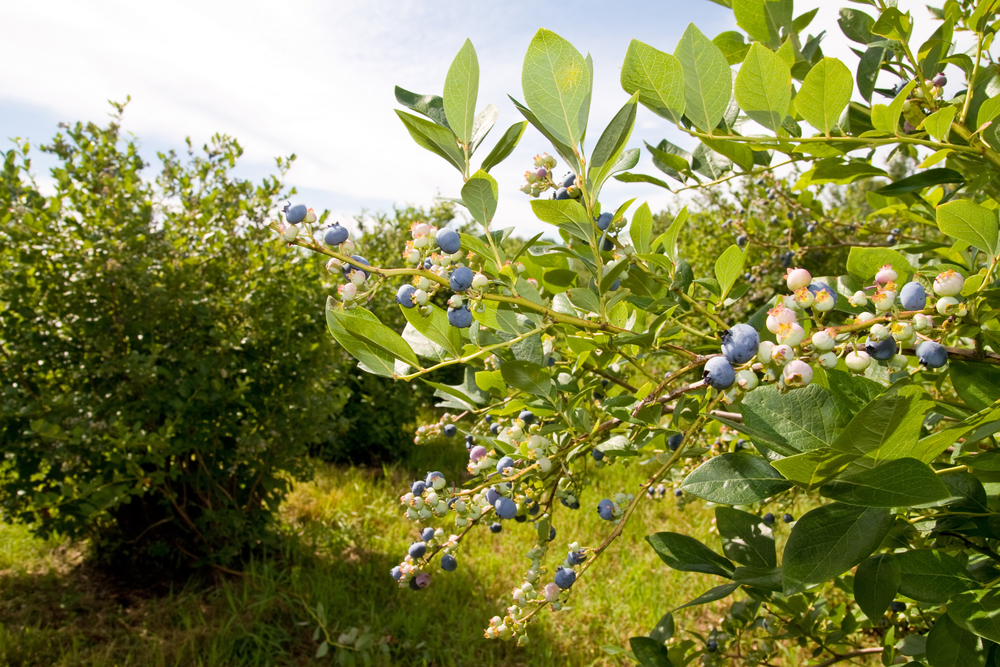 Commissioner Gary W. Black hosted a conference call to connect Georgia blueberry growers and agricultural industry representatives with U.S. Department of Agriculture Under Secretary Bill Northey to discuss recent loss
Commissioner Gary W. Black hosted a conference call to connect Georgia blueberry growers and agricultural industry representatives with U.S. Department of Agriculture Under Secretary Bill Northey to discuss recent loss  assessments for the 2018 blueberry crop. According to University of Georgia Extension, overall losses of both highbush and rabbiteye varieties could exceed 60 percent. This would mark the second consecutive year of significant loss for Georgia blueberry growers.
assessments for the 2018 blueberry crop. According to University of Georgia Extension, overall losses of both highbush and rabbiteye varieties could exceed 60 percent. This would mark the second consecutive year of significant loss for Georgia blueberry growers.
“One tough year is a hard pill to swallow,” Commissioner Black said. “But there is no denying the financial strain that will be endured by these families due to this second consecutive year loss.”
Unlike last year’s devastating freeze that hit the growing region March 15-16, 2017 after a mild winter, the 2018 losses are not directly attributed to one catastrophic freeze event.
“We had another warm February leading many of our plants to enter full bloom,” said blueberry farmer and Blueberry Commission member Russ Goodman. “Then March brought back-to-back weeks of freezing temperatures that damaged some fruits and blooms, followed by a cool, cloudy and windy April.”
The unseasonable weather did not allow blooms to fully recover from cold injury and hampered pollination efforts, because it is difficult for honeybees to fly in those type of conditions. Compounding the loss is competition from imported fruit during the Georgia marketing window.
“There is an approximate four-month window for fresh Georgia blueberries,” Commissioner Black said. “Unfortunately, Georgia growers are forced to contend with imported blueberries from Mexico that do not have the same input, regulatory and labor costs.”
In 2014, Georgia produced 95 million pounds of blueberries. Last year’s crop dropped to 30 million, with similar losses expected for 2018. Original expectations for this year’s crop was around 120 million pounds.
Share this Post










